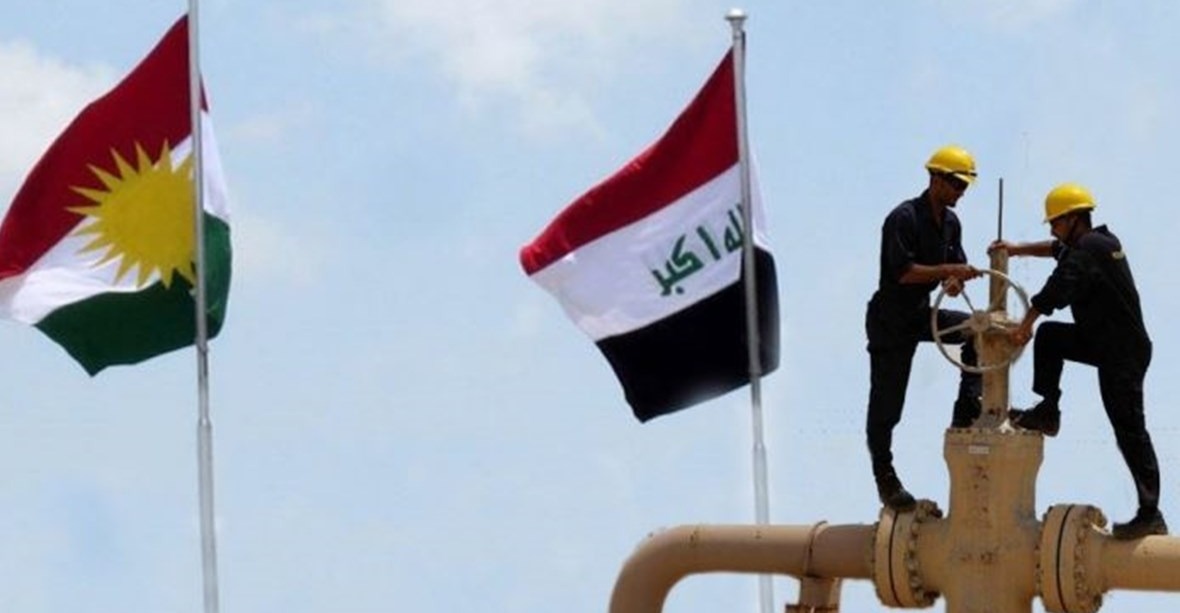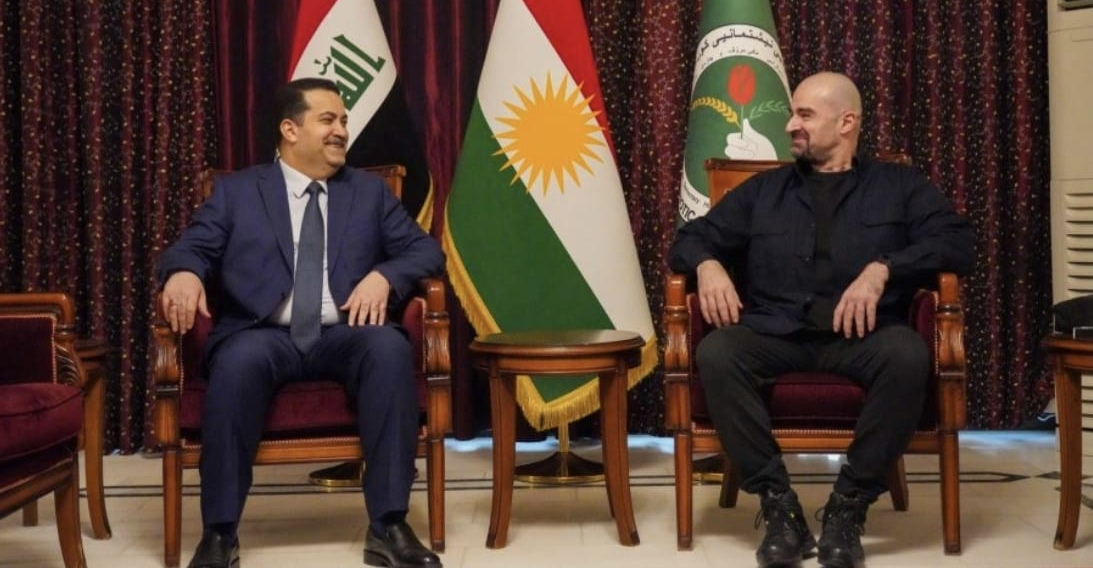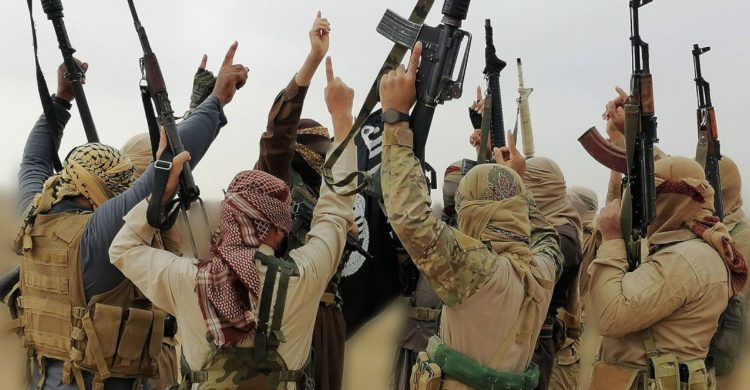Kurdistan's economic tightrope: Autonomy vs. Baghdad's grip

Shafaq News/ The Kurdistan Region of Iraq’s(KRG) economy, while resilient, is at a juncture as it navigates the delicatebalance between its aspirations for greater autonomy and the practicalrealities of its fiscal relationship with Baghdad. Although the KRG hashistorically pursued an independent economic strategy, especially regarding oilrevenues, its financial stability remains heavily dependent on continuedcooperation with the Iraqi federal government.
In recent years, the KRG has facedsignificant economic challenges, including fluctuating oil prices,unpredictable budget allocations from Baghdad, and ongoing political tensions.Despite these obstacles, the Region has maintained a distinct economic path,relying on oil exports, tourism, agricultural development, and a growingprivate sector to sustain its economy.
A cornerstone of the KRG’s economic model hasbeen its independent oil sales, primarily through the pipeline to Tukriye.However, these deals have been met with consistent opposition from Baghdad,which claims they violate federal oil legislation. This disagreement has led toprolonged disputes over revenue-sharing and budget allocations, culminating inthe 2023 suspension of independent oil exports, further exacerbating theregion’s economic difficulties.
Baghdad asserts that the KRG’s directagreements with foreign oil companies bypass federal authority, while the KRGmaintains that it is constitutionally entitled to manage regional resources.Article 112 of the Iraqi Constitution allows regional governments to managenatural resources in cooperation with the federal government, a right the KRGclaims in its defense.
A potential turning point occurred in 2024with the signing of a new agreement aimed at resolving the long-standingfinancial disputes. Under this arrangement, the KRG committed to remitting aportion of its oil revenues to Baghdad in exchange for a more predictable andstable allocation from the federal budget. However, challenges in implementingthis agreement have persisted, and oil exports from the region have not resumedin large quantities.
In a television interview, Kurdistan’s PrimeMinister Masrour Barzani revealed that the Region's share of the nationalbudget had been reduced multiple times—from 14% to 12.6%. However, the Regionhas never received its full share due to the allocation of a large portion ofthe budget to sovereign expenses, none of which were spent in Kurdistan.
“These sovereign expenses amounted to 40 to45%, with the region receiving its share only from the remainder of the budget.In the best-case scenario, the region never received more than 6 or 7% ofIraq’s total budget,” he stated. Despite this disparity, Barzani emphasizedthat the KRG effectively invests the funds it receives into infrastructureprojects.
Looking ahead to 2025 and beyond, the KRGfaces the critical task of diversifying its economy away from its over-relianceon oil. Official statistics show that the oil sector still accounts for morethan 80% of regional revenue. Efforts to develop the tourism sector, which sawa 15% increase in visitors in 2024, are ongoing but face challenges, primarilydue to regional instability. Agricultural development, particularly inhigh-value crops, is also a priority but requires significant investment inmodern irrigation and infrastructure.
The economic strain is keenly felt by thepeople of Kurdistan. Despite budget cuts and delays in public sector salarypayments, the KRG continues to invest in infrastructure and attract foreigninvestment, maintaining a relatively stable business environment compared toother parts of Iraq. However, public dissatisfaction over salary delays and theuncertainty of economic conditions remain a significant political challenge.
Dr. Mohammad Shukri, Head of the KurdistanInvestment Board, discussed the Region’s investment law during a televisioninterview, explaining that it “differs” from those in Iraq and neighboringcountries, offering investors greater opportunities and facilities. He pointedout that the law provides foreign investors the right to own property, whichhas allowed both local and foreign investors to operate more freely. He alsohighlighted that the ninth cabinet of the KRG is working to eliminatebureaucracy, speed up transactions, and remove obstacles to investment.
Dr. Shukri also noted that the KRG hasfocused on diversifying income sources away from oil and gas, especiallythrough the development of three key sectors: industry, agriculture, andtourism, with tourism poised to play a significant role in the region’seconomic future. Additionally, the KRG is prioritizing the development of othersectors, including education, health services, and the construction ofhospitals with international standards.
Over the past five years, the KRG has grantedinvestment licenses for over 412 new projects. Dr. Shukri pointed to asubstantial increase in investment, with the annual issuance of licenses risingfrom 56 in 2019 to 104 this year. In total, approximately USD 20 billion hasbeen invested in the region over the last five years—an impressive increasedespite challenges such as federal budget cuts, the COVID-19 pandemic, andfalling oil prices. The private sector has made significant strides in theregion, he noted.
In line with the KRG’s investment visionannounced in June 2024, a unit was established to support foreign investmentsin the region. “We are working to create a favorable environment for foreigninvestment, develop an investment map, and provide a comprehensive database onavailable opportunities,” Dr. Shukri stated.



